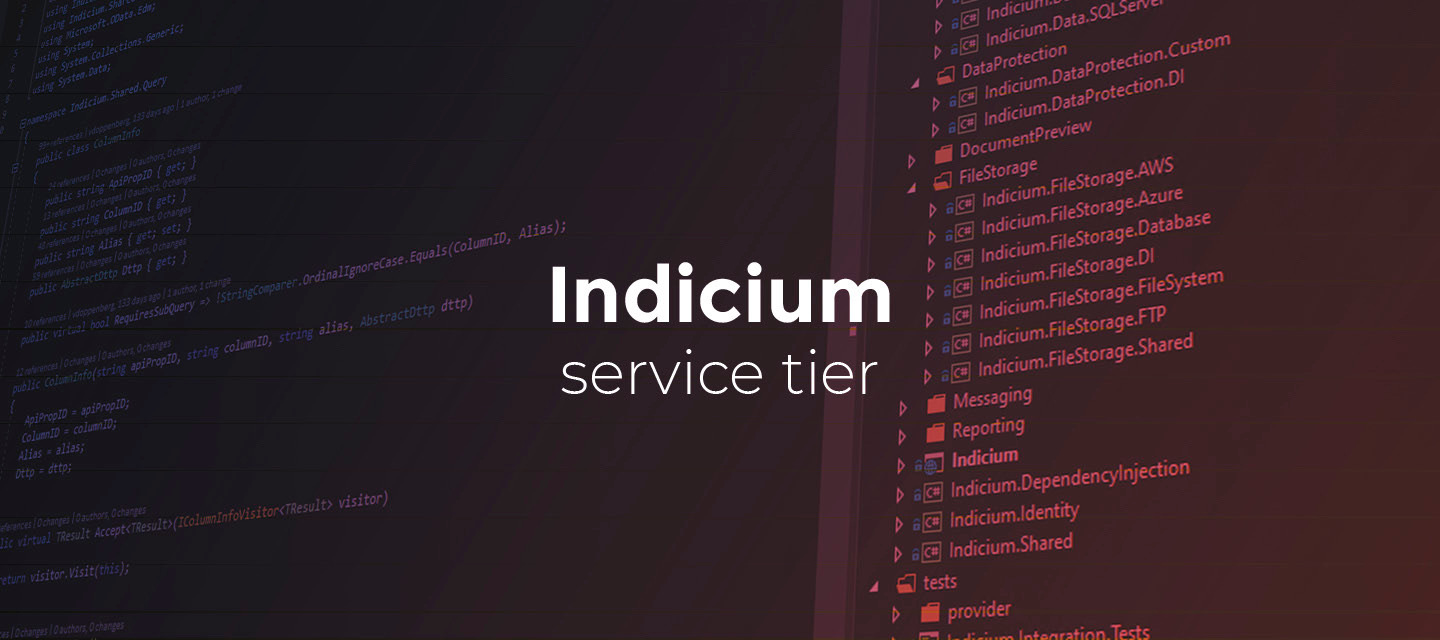Hello everyone,
In this sprint, we have removed the '@' from the property names in AWS CloudWatch, added Server-Timing metrics for opening database connections, and updated the HTTP connector. We have also added support for sending two factor authentication and password reset token mails using the Microsoft graph API.
You can read more about Indicium's features in the Indicium user manual. We will keep you updated regularly about Indicium's progress.
About Indicium
Two types of the Thinkwise Indicium Application Tier are available:
-
Indicium: for use with the Universal GUI and via APIs. This version uses the full range of Indicium functionality.
Download Indicium release 2023.1.12 here. -
Indicium Basic: for use with the Windows GUI and Mobile GUI. This basic version does not support, for example, system flows and OpenID.
Download Indicium Basic release 2023.1.12 here.
Contents of this release
Breaking
Remove '@' from the property names in AWS CloudWatch
We have improved the property names of AWS CloudWatch. Some properties contained the `@` symbol, which made it difficult to use them in metric filters.
We have removed the `@`, and property names are now fully written out. These property names are case-sensitive.
Refer to the table below to view what has changed.
| Old property name | New property name |
|---|---|
| @t | timestamp |
| @l | Level |
| @@m | MessageTemplate |
New
Added Server-Timing metrics for opening database connections
Server-Timing metrics are returned in the responses to most requests to Indicium.
We have expanded these Server-Timing metrics with information on how long it took to open the connection to the database and set the session variables. This improves insight into performance issues related to bad network connections between the web server and the database server.
TSFMessage for datatype violations
We have added a TSFMessage for when a data type violation occurs.
In previous versions, a bad request response was sent with the message "Invalid Value 'X' for property 'Y'". Now, this response will also contain a TSFMessage, explaining why the violation happened.
Microsoft Graph support
We have added support for sending two factor authentication and password reset token mails using the Microsoft graph API.
To enable this, you need to add the following data to the appsettings.json:
"Email": {
"Provider": "MsGraph",
"MsGraph": {
"ClientID": "<Your clientID>",
"ClientSecret": "<Your ClientSecret >"
"TenantID": "<Your TenantID >"
}
}If you are hosting your application in Azure, maybe you can skip the MsGraph section because the credentials can be inherited in Azure.
We also made it possible to write the SMTP settings in the same way, though we still support the current way. An example of the new way:
"Email": {
"Provider": "SMTP",
"SMTP": {
"Server": "<Server>",
"Port": <Port>,
"UseSSL": <SSL>,
"Username": "<Username>",
"Password": "<Password>",
}
}
Changed
HTTP connector will now set a default Content-Length and User-Agent
The HTTP connector process action now sets the Content-Length header to 0 for POST, PUT and PATCH requests that do not specify a request body or a Transfer-Encoding header.
It also adds a default User-Agent header with the value Indicium/<version> to every request.
Minor fixes and tasks
- We have fixed an issue with the *Delete Row* process action. The output parameters were not propagated correctly.
Questions or suggestions?
Questions or suggestions about the release notes? Let us know in the Thinkwise Community!



